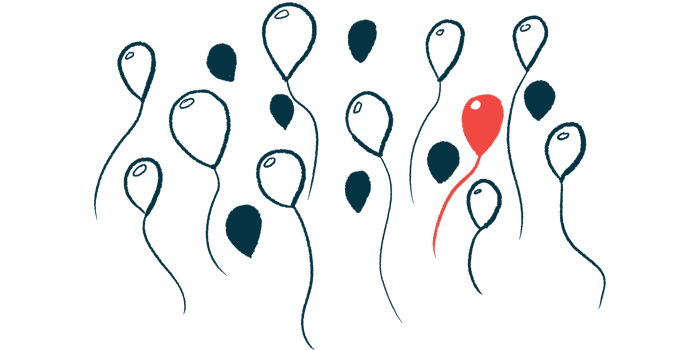International Ataxia Awareness Day hopes to spur conversations
Event is organized by NAF, promoted by groups in more than 25 countries

Sparking conversations about ataxia — a group of disorders that include Friedreich’s ataxia believed to affect 26 of every 100,000 children globally — will be the chief aim of this year’s annual International Ataxia Awareness Day (IAAD), set for Sept. 25.
The 23-year-old event is organized by the National Ataxia Foundation (NAF) and promoted by ataxia groups in more than 25 countries across five continents. Event hashtags will include #InternationalAtaxiaAwarenessDay and #IAAD23.
Along with raising awareness, the event is aimed at accelerating the development of treatments and improving the quality of life of people with ataxia, disorders marked by poor muscle control that results in problems with coordination and slurred speech. Friedreich’s ataxia, a genetic form of the disease, is caused by a mutation in the FXN gene.
“NAF is committed to leading the way on this outreach effort — but we need your help! We encourage individuals and disease organizations to join us by planning events and/or awareness campaigns for IAAD,” the NAF states on its website.
What to do for ataxia awareness
The organization is encouraging supporters in the U.S. to contact their local governments and secure awareness day proclamations for their city or state and support legislation that affects people with ataxia. On Sept. 20, as part of the fourth United Against Ataxia Hill Day, advocates will meet virtually with lawmakers in Washington, D.C. about legislation.
Two other virtual events are set for Sept 25. A resources and discussion group meeting to celebrate awareness will be led by NAF programs director Lori Shogren. After that, Ian Harding, PhD, a senior research fellow at Monash University will lead a session on the various imaging methods available for ataxia patients and experiences with each approach.
The NAF is inviting supporters to join #AskMeAboutAtaxia, an effort to further understanding about the condition. The campaign calls for patients, family members, and caregivers to post a photo of themselves with a sign that reads “Ask Me About Ataxia.” The photos will be used for IAAD throughout September.
“Our goal is to get a conversation started,” the organization notes. “If you give your friends and followers the opportunity to ask questions — you never know how many people you might reach! Share what you know about Ataxia and your experiences.”
Sample social media posts such as, “Ataxia is a rare brain disease that affects every part of a person’s life. International Ataxia Awareness Day is September 25th. #AskMeAboutAtaxia or visit www.ataxia.org so that I can help you learn more! #IAAD23,” are available for the initiative.
Awareness day participants can also attend a Walk N’ Roll, the NAF’s largest grassroots fundraising campaign. Each year since 2007, community members raise funds to support the mission to advance the development of treatments and improve patients’ lives. People may join one of the walks — which together have raised more than $3 million — in cities across the U.S. or participate virtually.
The foundation is providing downloadable IAAD graphics and banners for social media, and an informational ataxia brochure. It will also help participants promote their event or activity on its events calendar. Details may be emailed to [email protected]. International NAF support group leaders may also have information about upcoming meetings and events.
Ataxia awareness in the UK
In the United Kingdom, where more than 10,500 people are estimated to live with ataxia, Ataxia UK is offering ways to raise awareness of the rare disorder with the hope of speeding diagnoses. For 21% of those with the disorder, an accurate diagnosis took more than two years and 52% of those diagnosed received no information about their condition, according to the organization.
Ataxia UK provides several ways to raise funds, both in person and virtually, along with fundraising suggestions. Its annual Ataxia Classic cycle fundraiser, which raises funds and awareness, takes place on the rolling hills of Yorkshire, England on Sept. 24.







